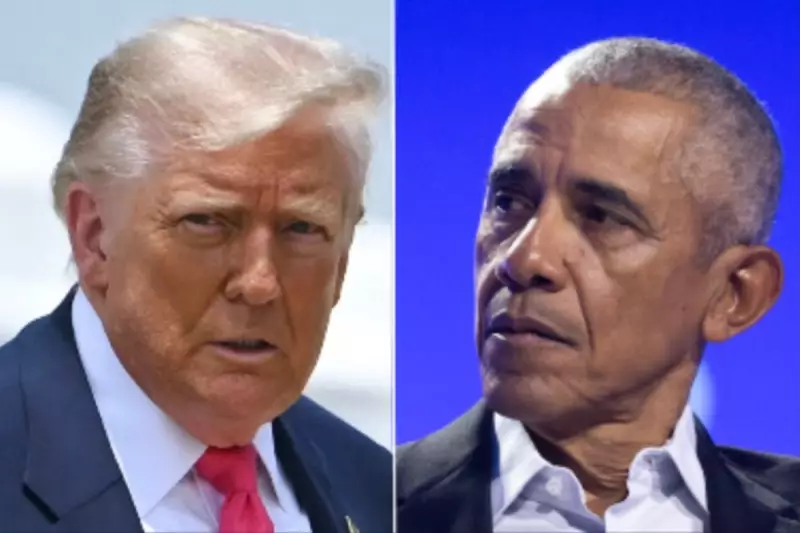
Former US President Barack Obama has allegedly levelled explosive accusations against his successor, Donald Trump, branding his actions during the Russiagate scandal as "treason". The claims, which have sent shockwaves through political circles, were reportedly made during a private conversation.
Tulsi Gabbard, the former Democratic congresswoman and presidential candidate, has since responded to the allegations, calling for unity and caution in addressing such serious charges. Gabbard, known for her independent stance, emphasised the need for evidence before making definitive judgements.
The Russiagate Scandal Revisited
The Russiagate controversy, which dominated Trump's presidency, centred on allegations of Russian interference in the 2016 US election to benefit his campaign. While Trump consistently denied any collusion, the investigation led by Robert Mueller resulted in multiple indictments but no conclusive evidence of a conspiracy.
Obama's reported comments have reignited debate over the scandal, with critics and supporters of both presidents clashing over the implications of such a severe accusation.
Gabbard's Cautious Response
Tulsi Gabbard, who has often positioned herself as a critic of establishment politics, urged restraint in her response. "While these allegations are serious," she stated, "we must ensure that any claims of treason are backed by irrefutable evidence to maintain public trust in our institutions."
Gabbard's measured tone contrasts with the increasingly polarised rhetoric surrounding Trump's presidency and its aftermath. Her comments have drawn both praise and criticism from across the political spectrum.
Political Fallout
The reported remarks come at a sensitive time in US politics, as Trump considers another presidential run in 2024. If confirmed, Obama's accusation could further inflame tensions between Democrats and Trump's base.
Political analysts suggest that such high-profile allegations from a former president are unprecedented in modern American history and could have lasting consequences for political discourse in the country.





